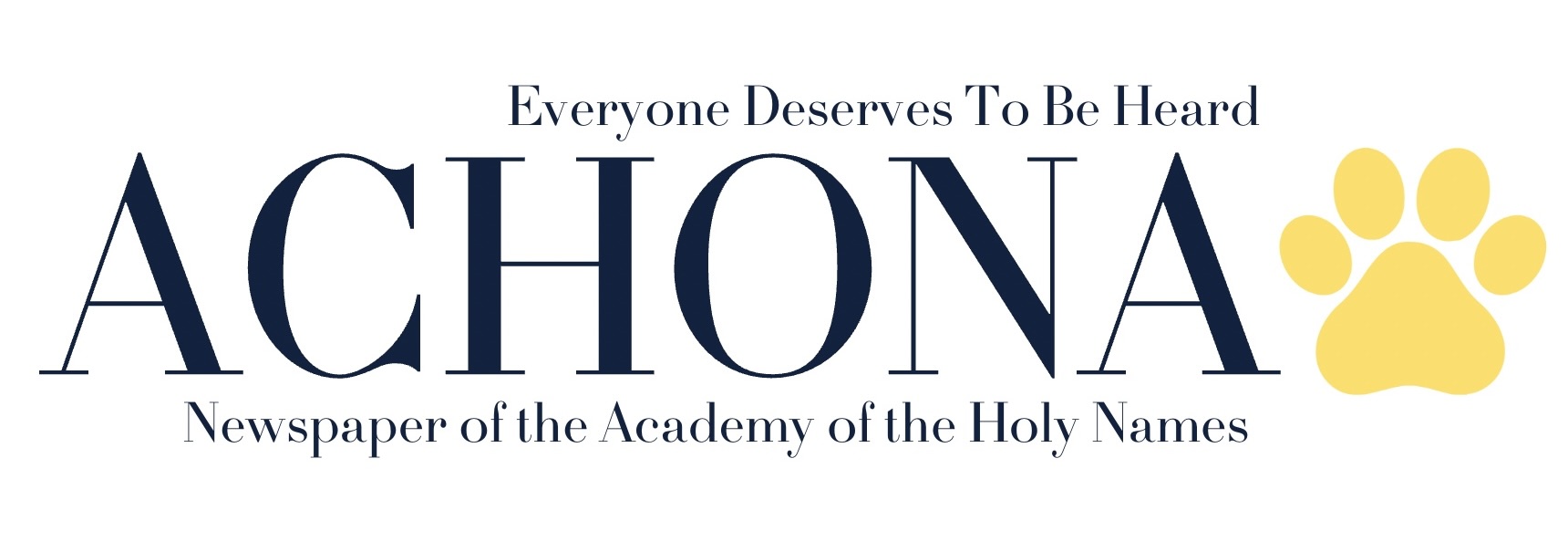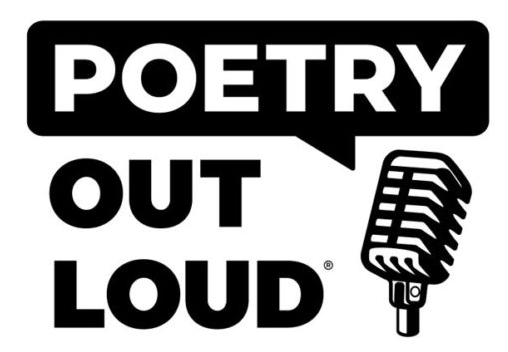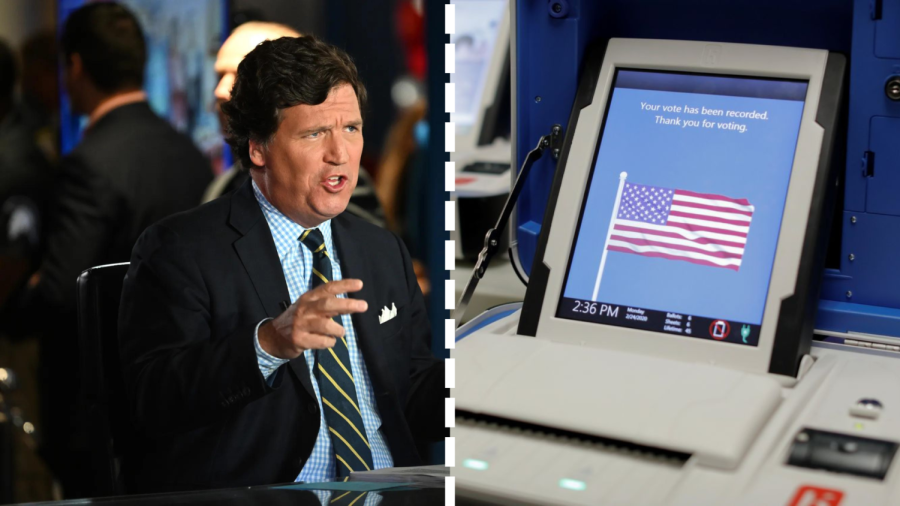Obesity and other health debilities have been on the rise in the United States in the past decade. According to the Center for Disease Control and Prevention, approximately six out of ten Americans have exceeded their healthy weight. Studies show that, while adult and childhood obesity have doubled and tripled, respectively, since 1980, health issues resulting from unhealthy lifestyles particularly plague minority groups.
People have begun questioning whether or not the government should intervene. Some say that the taxation or banning of junk food would serve as a deterrent and force Americans to rethink their dietary decisions.
“A small tax could serve as sort of a sin tax like on alcohol or cigarettes, although it shouldn’t be too extreme,” says Sam Mount, a high school student.
However, there are some individuals who agree with Mount, yet possess another, conflicting opinion.
One student claimed, “The government isn’t supposed to get into people’s lives, but its main goal is to ensure the well-being of its citizens.”
Mount said, “Instead of taxing junk food, the government or special organizations should promote healthy lifestyles.”
These assertions prove the complexity of the obesity problem and its possible solutions. Many Americans know that changes need to be made, but they are unsure of how to properly enforce these changes.
Those individuals on the other side of the argument, however, believe that it is not the government’s duty but the individual’s to safeguard his health and happiness.
Debbie Barrett, a homemaker and business manager, said, “Taxes in a free society should be natural and only high enough to fund the legitimate functions of government as enumerated in the Constitution and nothing more.”
Barrett’s opinion brings light to two unique interpretations of the Constitution. Those who favor taxation or a ban tend to be loose constructionists. On the other hand, those who support the decision of the individual tend to be strict constructionists.
Not only would the government be overstepping its authority by dictating what a “free people should and shouldn’t eat,” but it would also be laying down broad guidelines. What is considered a junk food? Junk food is a relative term. Most foods, if eaten in excess, are unhealthy.
Perhaps Chris Ogando, another high school student, put it best when he said, “It’s up to people to eat it in moderation.”
Living in the free America, citizens should be able to live their lives without unnecessary government interference. Parents should teach their children how to live healthy lifestyles, while private organizations can promote awareness for such diet-related diseases as obesity. The bottom line is that the government is supposed to answer to the people, not the other way around.









